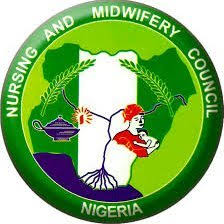Sokoto’s Bold Move: Doctors, Nurses, and Pharmacists Must Serve in Rural Areas — Here’s Why It’s a Game-Changer for Nigerian Healthcare
In a groundbreaking policy shift, the Sokoto State Government has introduced a mandatory two-year rural service for all medical professionals sponsored by the state. This initiative, spearheaded by Dr. Faruk Umar Abubakar, Commissioner for Health, aims to tackle the chronic shortage of healthcare workers in underserved rural communities.
The new directive mandates that doctors, nurses, pharmacists, and allied health professionals trained by the state must serve in rural health facilities for a minimum of two years. This follows a comprehensive assessment that revealed a troubling concentration of medical personnel in urban centers, leaving rural populations critically underserved.
But Sokoto isn’t just sending professionals to remote areas — it’s making it worth their while.
The government has approved a 10% salary bonus for rural service, alongside promises of better pay, upgraded facilities, and enhanced security. These incentives are designed not only to ensure compliance but also to encourage long-term retention in rural postings.
Dr. Abubakar expressed optimism, stating, “We are confident that many will choose to stay due to the positive working environment and incentives.”
This policy is part of a broader reform agenda under Governor Ahmad Aliyu, who has aligned state remuneration packages with the Federal Government’s salary scale. The move has earned praise from medical associations like the Nigeria Medical Association (NMA) and the National Association of Nigerian Nurses and Midwives (NANNM), both of which have commended the administration’s commitment to staff welfare.
The impact is already visible: Sokoto is experiencing a decline in brain drain, with many professionals withdrawing resignation letters in response to improved working conditions.
Dr. Abubakar emphasized the importance of teamwork in healthcare delivery, noting that every role — from doctors to cleaners — is vital to the system’s success.
With the education sector now considering a similar model to address teacher shortages, Sokoto’s rural deployment strategy could become a blueprint for nationwide reform.




